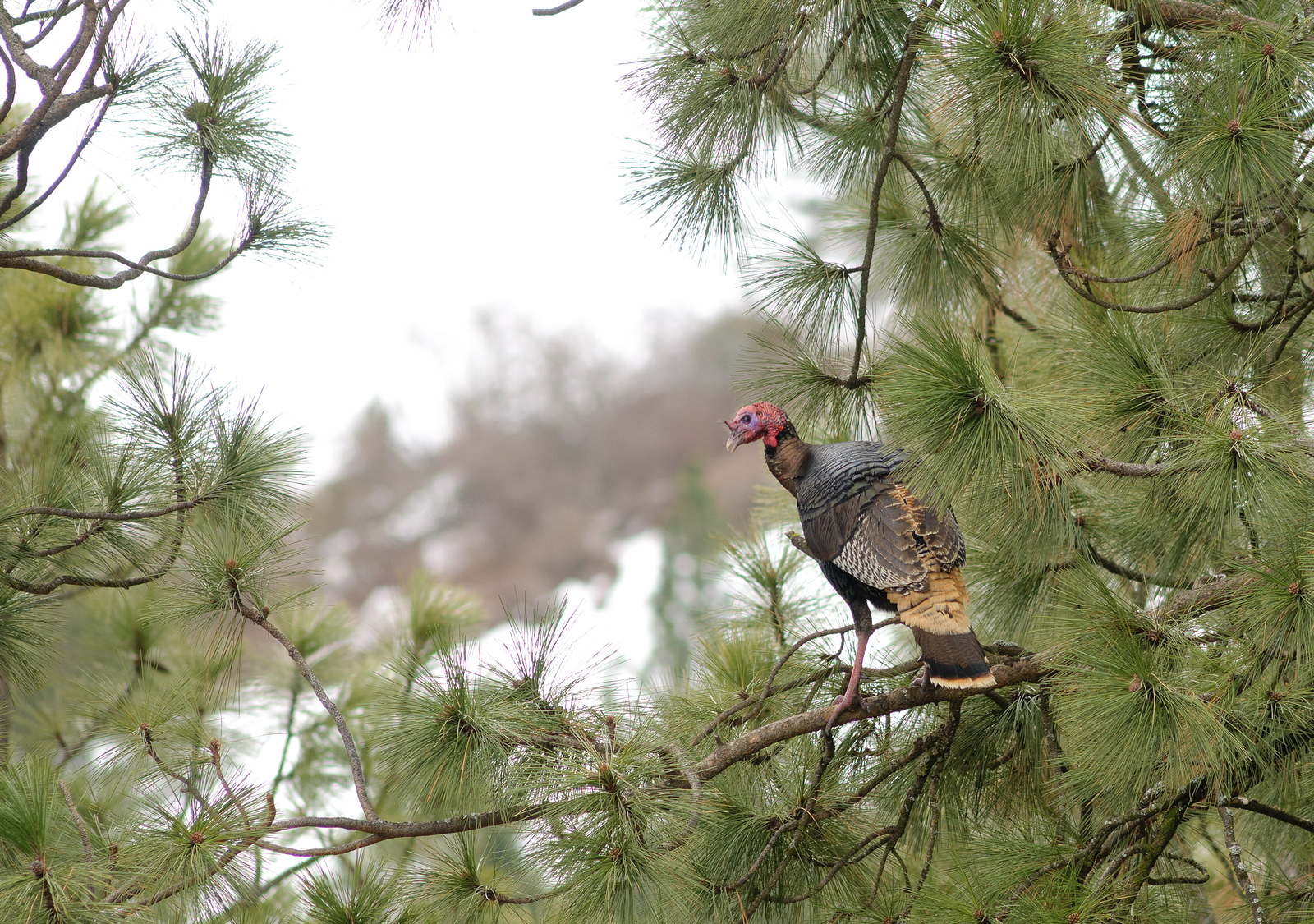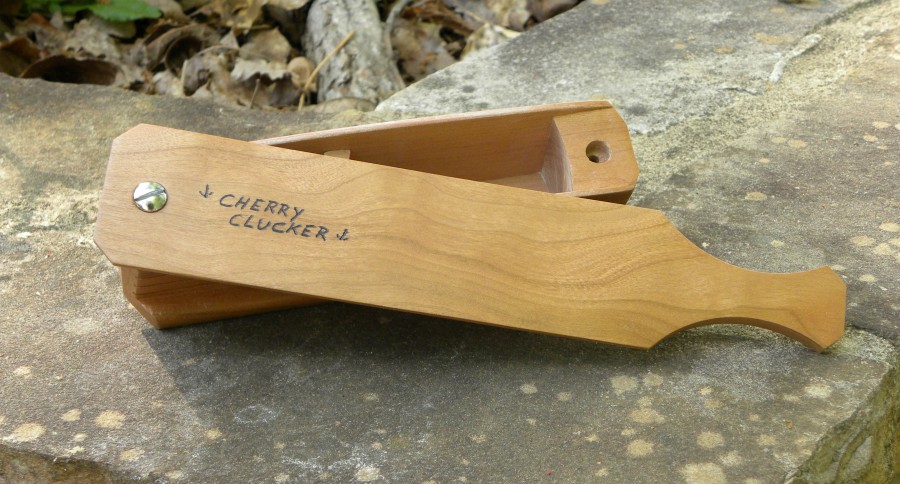Turkey hunters all have their preference in calling turkeys. What are the best turkey calls for your hunts?
Turkey hunters utilize turkey calls in many different ways. Whether it's to locate a bird or to entice a gobbler the last fifty yards, they each have their place.
However, if you had to pick only one call to take into the woods with you which would it be?
Spring turkey hunting requires a lot of strategy and planning if you're going to try to kill a wild turkey. Some turkey subspecies tend to be more stubborn than others and choosing the right call is important. With turkey season on the horizon which call are you choosing?
Box Call

Probably one of the most user-friendly calls, the box call is great for piercing through windy days and trying to locate a bird from long distance. Some turkey hunters prefer it and others don't. They are also easy for young hunters to start out when calling turkeys.
Almost every turkey call manufacturer makes a box call. Some have different tones and cadences, so it requires you listening and trying some out before your comfortable taking one into the woods.
To name a few, Knight & Hale, Primos and Woodhaven all design quality box calls.
Mouth Calls
Also referred to as diaphragm calls, mouth calls are great for calling when a bird is in sight. With one of these, you're not making a whole lot of movement with a wild turkey nearby.
Mouth calls are dynamic, giving you the chance to purr, cut, yelp, and make many more turkey sounds with decent practice. These are some of the most popular calls for this very reason.
They're very lightweight, have a small footprint, and are easy to tote around the woods, making them a desirable choice for avid turkey hunters. Most manufacturers design mouth calls, but you'll want to practice a lot because it will take time and experience to master.
Pot Calls
Commonly known as slate calls, turkey pot calls are a friction call that produce several different sounds. They are designed in all sorts of shapes and sizes, but most important is finding one with a rich tone that you find familiar (compared to the sounds you hear in your local turkey woods) and have confidence in.
The reason they are known as slate calls is because, originally, most pot calls came designed with slate. A hunter would rub a diamond wood striker on the slate, producing a high pitched sound.
Today, pot calls are designed out of not just slate but glass, aluminum, and crystal, plus some other less common materials. The ultimate goal is to emulate a turkey sound.
Some of these pot calls even contain two materials. One side will have a slate surface and the other will be a glass side.
When it comes to pot calls there is a wide variety to choose from.
Locator Call
Locator calls are more fun than anything. Crow calls, coyote calls, owl hoots, and a gobbler shaker call are types of locator calls. Their function is exactly what it sounds like: to locate turkeys.
When you're just starting out on a hunt you might try a locator call to cut the distance between you and the turkey. This is important if time or light is a factor.

Getting set up on a turkey in the morning is of utmost important when they fly down from the roost. A locator call will help with just that.
Custom Calls
With just a little research and time, you should be able to find a custom turkey call maker in your area, or at least within 50 miles of where you live. It's always worth it to support these great people, or at least consider what they create before buying something from a big retailer. More times than not they have decades of experience in the turkey woods.
I've seen some creative folks build different calls from wing bones or other all-natural elements, they almost always limit themselves to American-made parts, and odds are they'll function just as good as the ones listed above, if not better.
I personally use a trough call from a custom call maker. It's a type of friction call that produces a high pitch yelp or cut, and I take it into the woods every time I go turkey hunting.
The bottom line is, you are going to want to experiment with your own skills and the turkeys you hunt to find what works best. No one can say one turkey call works and another doesn't without testing it in a real world hunting situation.
In other words, get the hunt underway and find out for yourself.
Like what you see here? Read more hunting articles by Nathan Unger at whitetailguruhunting.com. Nathan is also the host of the Whitetail Guru Hunting Podcast.
NEXT: THE 4 BEST TURKEY HUNTING CHOKES YOU CAN BUY THIS SPRING
WATCH




